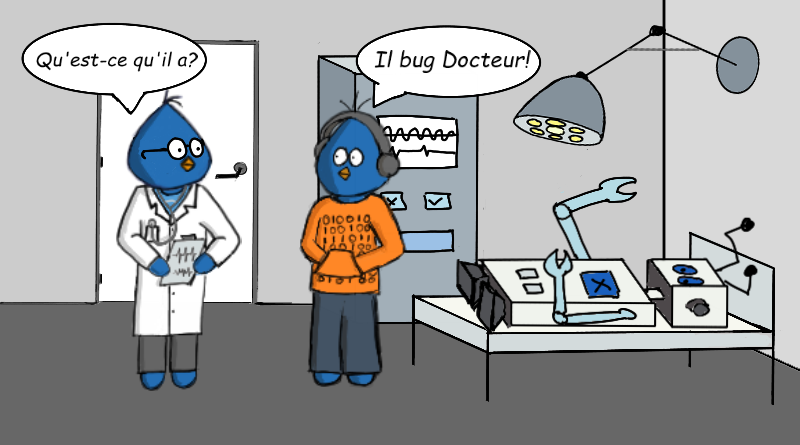Quiz : What’s inside a computer?
Résumé-Quiz
0 questions correctes sur 11
Questions:
- 1
- 2
- 3
- 4
- 5
- 6
- 7
- 8
- 9
- 10
- 11
Information
Let’s start!
Vous avez déjà rempli le questionnaire avant. Par conséquent, vous ne pouvez pas recommencer.
Quiz is loading...
You must sign in or sign up to start the quiz.
Vous devez finir le quiz suivant, avant de commencer celui-ci :
Résultats
0 questions sur 11 répondues correctement
Temps écoulé
Categories
- Not categorized 0%
-
Computers have a lot of common points with human beings. That’s because computer scientist get inspired by the humankind to add new fonctions to our devices.
But what does a human being have that a computer doesn’t? Intelligence! No matter how fast and accurate computers are, they are really dumb. They can only do what we (or the computer scientist) ask them to do. They can’t take a decision by themselves. This is what artificial intelligence is all about : creating a computer that can learn and decide by itself…
- 1
- 2
- 3
- 4
- 5
- 6
- 7
- 8
- 9
- 10
- 11
- Répondu
- Examiner

